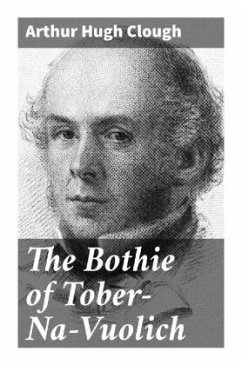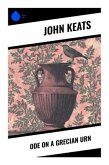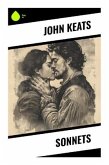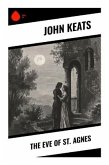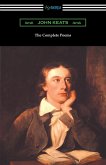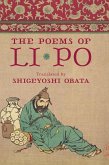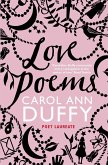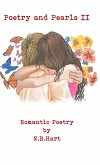In "The Bothie of Tober-Na-Vuolich," Arthur Hugh Clough masterfully blends lyrical narrative with a reflective exploration of social and philosophical themes, capturing the essence of Victorian thought. This poem, composed in blank verse, chronicles the experiences of a group of students at a remote Scottish village and their interactions with local villagers, ultimately engaging with deeper questions about faith, society, and personal fulfillment. Clough's vivid imagery and keen observations create a rich tapestry of both character and landscape, inviting readers to consider the implications of education and moral responsibility amidst nature's serenity. Arthur Hugh Clough was a prominent figure in the intellectual circles of his time, with connections to notable contemporaries such as Matthew Arnold. His background in education, combined with his own struggles with faith and doubt, profoundly influenced his writing. Clough's experiences at Oxford and his recognition of the dissonance between classic ideals and modern realities are deeply reflected in this work, making it both a personal and universal exploration of the search for meaning in an increasingly complex world. Clough's "The Bothie of Tober-Na-Vuolich" is highly recommended for readers who appreciate richly textured poetry that engages philosophically with contemporary issues. Its combination of narrative charm and intellectual depth not only makes it an intriguing read but also invites reflection on timeless human concerns, ensuring its relevance in both scholastic and personal contexts.
Bitte wählen Sie Ihr Anliegen aus.
Rechnungen
Retourenschein anfordern
Bestellstatus
Storno

